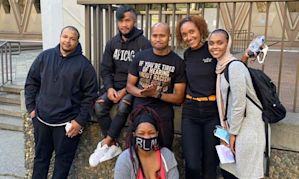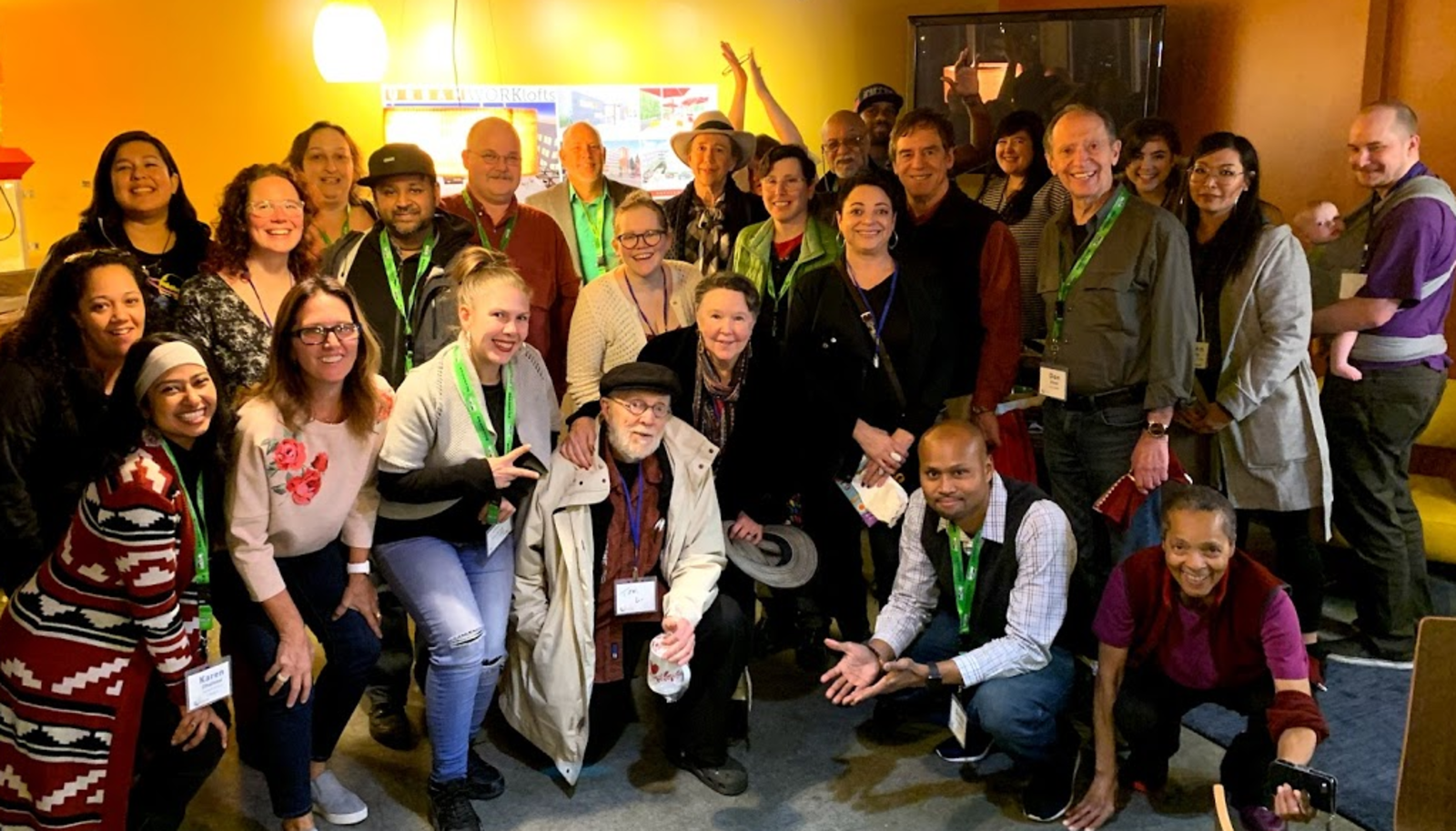Freedom Project: Helping People Come Home

Orlando Ames knows only too well what it’s like to be incarcerated. At age 27, a judge sentenced him to life without the possibility of parole. A street argument led to a fight and an assault conviction. The crime didn’t warrant a life sentence, not even close, but Washington’s Three Strikes law mandated one—without the possibility of parole.
Behind bars, Orlando worked hard to educate himself, taking classes throughout his 21 years in prison. In 2014, Orlando went before the Washington state Clemency and Pardons Board. The decision to commute his sentence was unanimous, and Governor Jay Inslee granted him clemency, giving him his freedom.
Now, readjusted to civilian life and married to a kindergarten teacher, Orlando works as Reentry Director for the Freedom Project. He focuses on youth that have been incarcerated or impacted by the criminal justice system. His experience makes him a credible messenger to those he counsels. He knows what it’s like—the trauma of juvenile detention and prison—and how hard it can be to rebuild a life.
He also knows about the disproportionate number of Black, Indigenous, Latinx, and other youth of color who fill Washington state prisons. Recent Washington state Department of Corrections data indicates that 38% of three-strikes prisoners in Washington are Black, though Black people make up roughly 4% of the state’s population.
Nearly 8,000 people statewide are released from prison each year. Many are traumatized and without the resources—material and other—to reenter society successfully. According to the Freedom Project, roughly half of those released are re-incarcerated within five years of release.
The Freedom Project’s vision is to work together to shift from punishment to restoration, from oppression to equity, and from apathy to empathy. The Freedom Project interrupts the cycle of incarceration with programs that provide healing connection and restorative communities for participants both inside and outside prison. Guided by people like Orlando, Freedom Project volunteers teach participants the practice of nonviolent communication, an effective method of transforming blame, anger, and criticism into understanding, effective communication, and peaceful resolution of conflict. Additionally, mindfulness, racial equity, and anti-oppression teachings are utilized.

Since 2001, over 320 Freedom Project volunteers have facilitated classes inside prisons, reaching more than 8,100 incarcerated individuals. By looking at the origins and impacts of implicit bias, internalized oppression, prejudice, fear, and discrimination toward people with conviction histories, the Freedom Project has helped dismantle the stigma of mass incarceration and helped us see the humanity in other people—and in ourselves. Through their work, a great many have rebuilt lives and broken the cycle of incarceration.
“I’m not a unicorn,” Orlando recently told the Seattle Times. “There are many like me. I’d love to see others come home.”
At Pagliacci, we are proud to support the Freedom Project.

